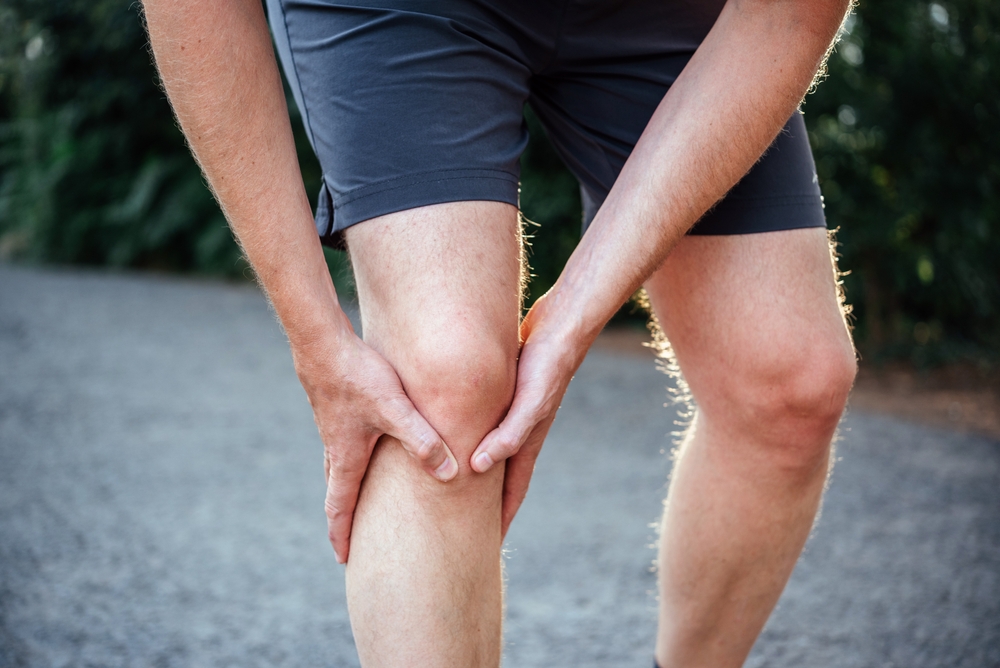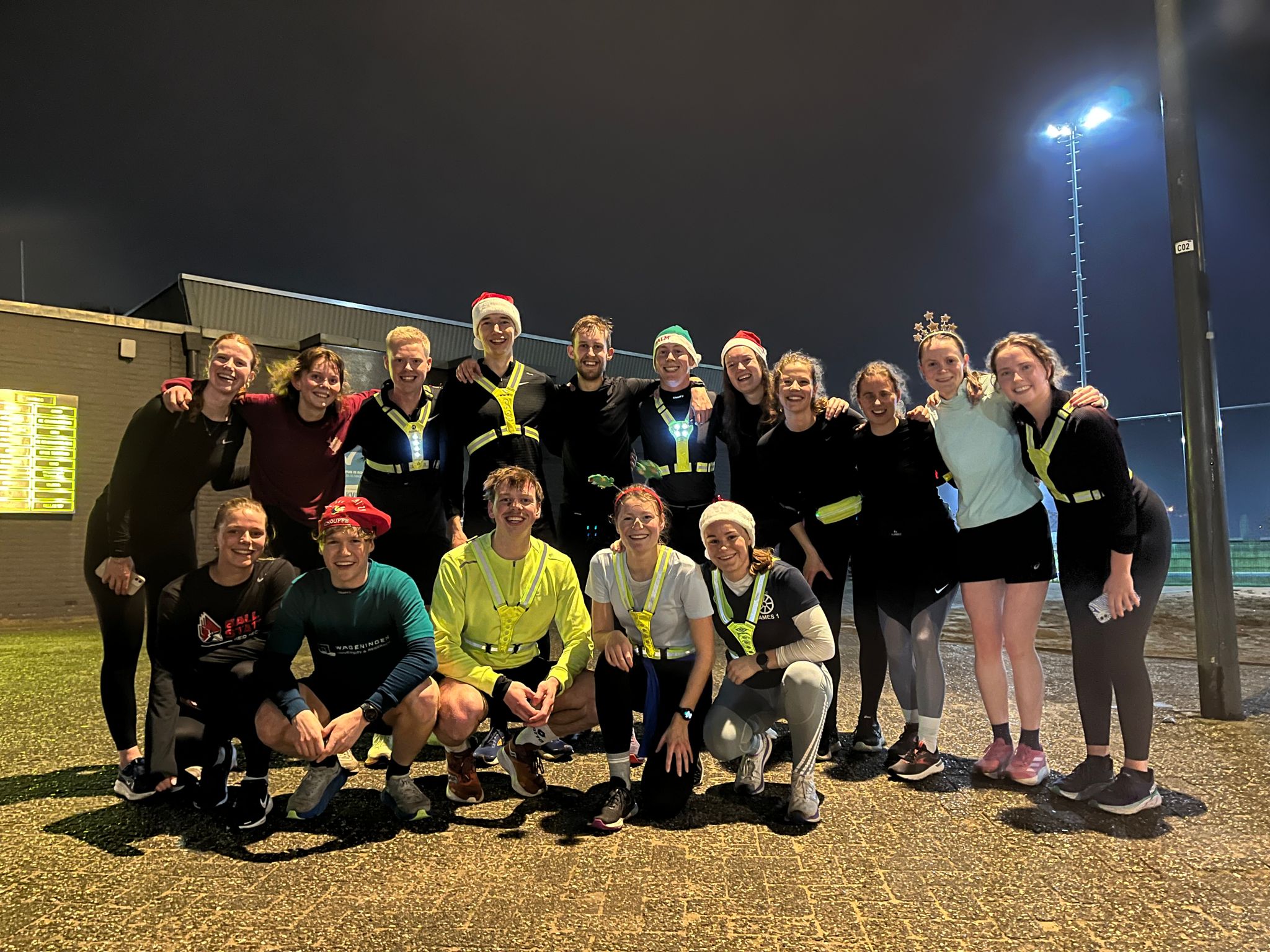The Olympics are about to start. Researchers from various departments of WUR are involved in studies related to sports and exercise. One of them, assistant professor Marco Mensink, takes us through ongoing research at Human Nutrition and Health.
Mensink says that a lot of sports-related nutrition research takes place within the Nutritional Biology group. ‘But I am not a full-time sports and nutrition researcher’, he hurriedly adds. ‘Some seem to think so. Students often know me as their teacher for the optional Nutrition and Sports course, and I was the person who initiated the popular MOOC Nutrition Exercise and Sports. So it makes sense because nutrition and health are closely linked to sports and exercise.’
‘We don’t make new discoveries every day in the domain of nutrition and sports, but we are on the news on a regular basis’, Mensink states. ‘There are three ways in which nutrition impacts sports and performance. In the first place, it impacts general health. Secondly, it provides building blocks to support training adaptation. Thirdly, there is the immediate effect of nutrition and supplements to enhance performance, such as carbohydrates. My colleague Pol Grootswagers was on the eight-o’clock news this week to explain the exceptional performance of cyclists in the Tour de France.’
Tendon injuries
Mensink is currently studying the link between nutrition and tendon injuries in collaboration with Gelderse Vallei’s Sports Medicine Department. ‘Unfortunately, injuries are often unavoidable in sports. Tendon injuries are common and, more frequently than muscle injuries, cause athletes to end their sports careers. They often require long-term treatment.’
Top sports are generally years ahead of science. If something sounds likely and may provide an advantage, athletes will not wait around for many years until the science is settled
Marco Mensink, assistant professor of Human Nutrition and Health
Mensink: ‘Many of our tendons, the tissue connecting your muscles to your bones, are made up of protein collagen. That, in turn, consists of non-essential amino acids, which our bodies can produce. Hence, your body is capable of producing its own tendon tissue. Previous lab studies on animals show that supplementing collagen can enhance collagen synthesis. Vitamin C plays an important part in this process.’
Ongoing studies
To put this hypothesis to the test, Mensink and his colleagues are conducting an extensive randomised controlled trial (RCT). ‘We monitor people with long-term knee tendon pain issues just below the patella. We divided the participants into two groups, each of whom was given a similar training regimen and a daily supplement. One group receives a placebo, while the other group is administered collagen and vitamin C. We aim to determine whether the pain is reduced more rapidly among the group receiving the active supplement. We also want to find out if collagen may serve to protect small fractures in the tendon tissue.’
The knowledge obtained through this study may be particularly beneficial to athletes in jumping disciplines. ‘Tendon issues are common, but pain in the knee tendon is sports-specific. It is known as a jumper’s knee because it is common among volleyball players and basketball players, as well as among runners. We hope this study will help athletes resume their activities sooner.
Social relevance
Mensink hopes to have gathered all the results from the study in a year. ‘Top athletes may already be taking collagen. Top sports are generally years ahead of science. If something sounds likely and may provide an advantage, athletes will not wait around for many years until the science is settled.’
‘Besides, we are trying to apply knowledge on top and extensive sports to other demographics such as groups of patients and the elderly. Thus, the study gains more social relevance.’

 A jumper’s knee occurs frequently in jumping disciplines such as basketball and volleyball. However, it also regularly affects runners. Photo Shutterstock.
A jumper’s knee occurs frequently in jumping disciplines such as basketball and volleyball. However, it also regularly affects runners. Photo Shutterstock. 

